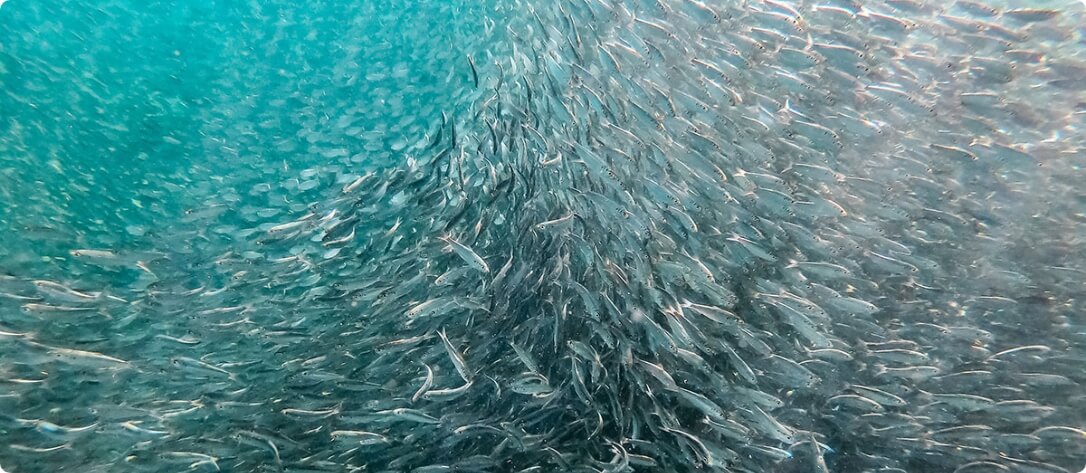
Running any business is challenging. But, running an aquaculture business is all-consuming.
In aquaculture, you must contend will all the challenges faced by other new business, such as finding staff, funding, and time, in addition to other complications.
Your stock is alive, so the business needs to be manned 24 hours a day, 365 days a year, no matter the circumstances. Your stock is vulnerable, so catastrophic loss is always a risk. And your business may be in remote locations, so going home every night isn't always an option.
Despite this, despite the fact that setting up an aquaculture business was the most difficult thing I have ever done, it is worth the effort. Before I started working in aquaculture, I did a cost-benefit analysis, not just on the market, but also on my time.
To help you conduct one for yourself, here are four challenges you should consider before deciding to start a business in aquaculture.
Work/Life Balance Is Impossible
Let's start with the most prohibitive element of aquaculture, the work/life balance. Or should I say the lack of one?
It's almost impossible to maintain a healthy work/life balance in those first few years if you are setting up a business by yourself.
I liken aquaculture to having a baby. You are caring for things that cannot care for themselves. When the fish are bigger, it is like taking care of a toddler. A toddler who can't take care of itself, but is also unintentionally trying to kill itself on a daily basis.
So, you have to be present all the time because there isn't yet the technology available to do the watching for you. In ten or fifteen years, the situation might be different. But for now, aquaculture is a new business with many gaping technology deficiencies.
Travel Is Common
Even when you shape the business into a position where it can temporarily function without you, you still may not be able to fix your work/life balance. And that's because of travel.
If you are looking at starting a sea-based aquaculture business, be aware of the travel and the implications that may have.
Additionally, the remote location of some facilities can make it very difficult to find good staff because you are asking them to leave the lives for fortnights at a time.
But, if you are starting a land-based aquaculture business, this shouldn't be a problem. When you are working on-land, you can set up near your home, and cut the travel.
Catastrophic Loss Is Possible
Financially, the biggest challenge is the possibility of catastrophic loss. A drop in oxygen levels, and all our stock could die. A disease, and you could lose half the stock overnight. A problem with the feed and you could be looking at substantial loss, alongside stilted growth.
And none of these problems are reparable after they have happened. If you have a delay in production of a canned good, you can send out an apology to your buyers, and rectify the mistake. If the feed doesn't arrive on time, you can't send an apology to your fish.
So, you always have to be five steps ahead, anticipating problems and resolving them before they even happen. And if they happen, you need to be financially stable enough to push through them.
Regulations are Stringent
The last problem, and perhaps the most time-consuming one, is the regulations. Rightfully so, there are a myriad of regulations, permits, and licenses you need before starting an aquaculture business.
The problem is they can take months to come through, and they can be very expensive to obtain.
But that's not to say there aren't positives to aquaculture. My next article outlines the benefits of aquaculture, and I assure you, they outweigh the challenges.

 Giles Cadman
Giles Cadman 

